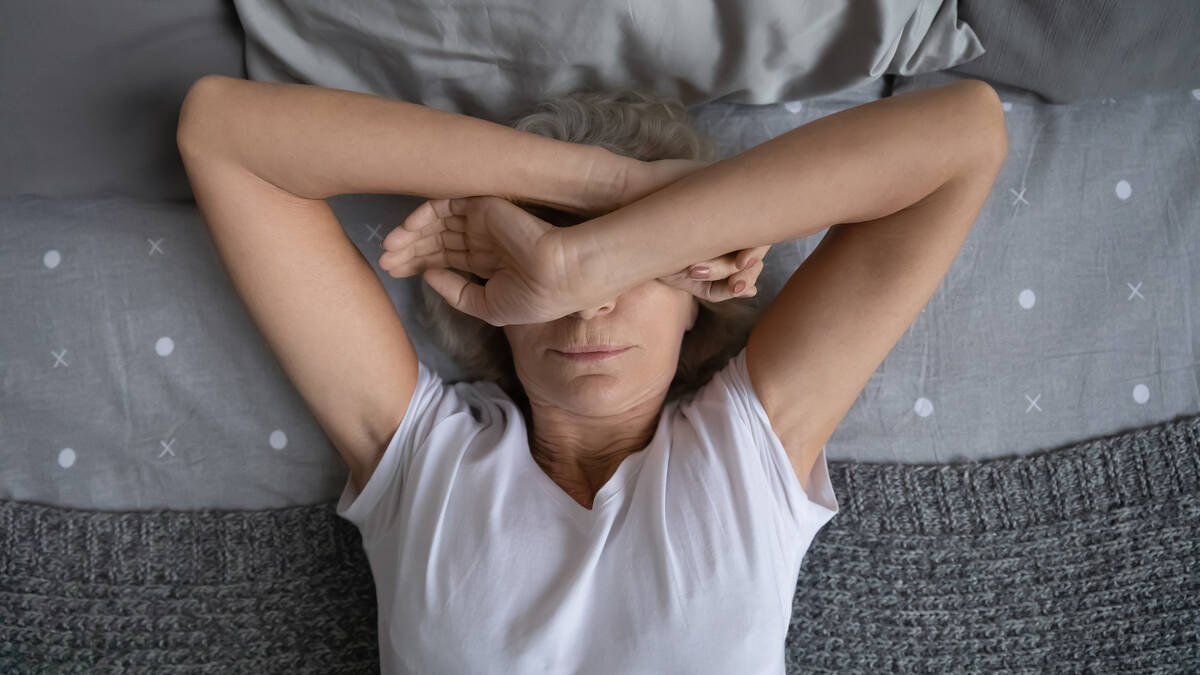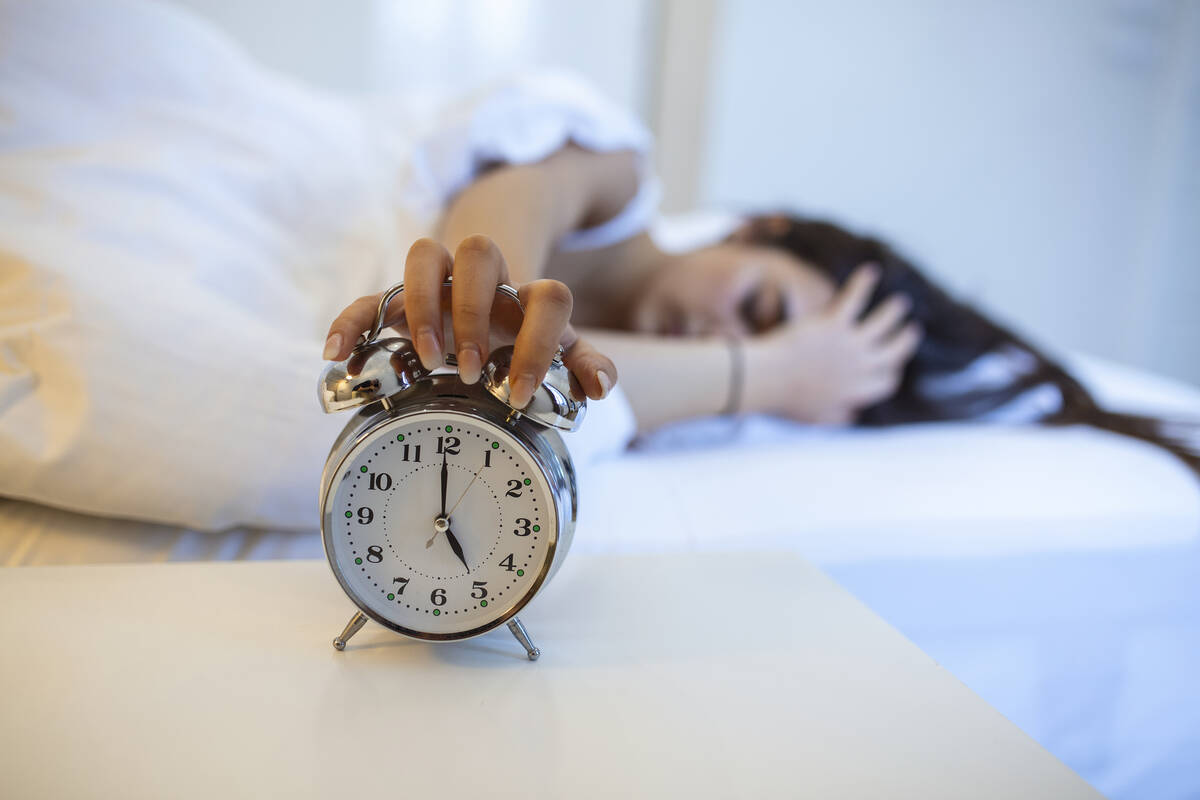What’s the connection between lack of sleep, dementia?
You don’t have to be a health expert to know that sleep (or lack of it) greatly affects the body.
Anyone who’s ever spent the night tossing and turning knows that not getting enough sleep means a day ahead of low energy, feeling cranky, trouble concentrating and making unhealthy decisions.
But not getting enough sleep has more than morning-after effects. A wealth of scientific studies show that consistently not getting enough sleep can be detrimental to long-term health in profound ways.
One that’s especially noteworthy is the connection between lack of sleep and dementia. Scientific studies have found that trouble falling or staying asleep, poor sleep quality and not sleeping long enough can all increase the risk of Alzheimer’s disease.
This raises other questions, such as why this connection exists and how much sleep you actually need at night to protect your mind. We asked brain health experts to explain everything you need to know.
What’s the connection?
Brain health experts are still attempting to learn what exactly goes on in the brain while we sleep, but there’s no question that the mind needs rest to continue functioning properly.
“While we don’t fully understand the relationship between sleep and dementia, we know there’s a harmful cycle in which poor sleep increases your risk for developing Alzheimer’s or another dementia and, in turn, the dementia is associated with lower quality sleep,” says Dr. Percy Griffin, the Alzheimer’s Association’s director of scientific engagement.
Griffin says what we do know is that sleep is when the brain removes waste materials and stabilizes memories to hold onto long term. “Sleep disruptions can impair these processes,” he says.
Dr. Lynn A. Schaefer, a neuropsychologist at Nassau University Medical Center, says that REM sleep is especially important for this process.
“REM sleep is when dreaming occurs, which may help with emotional processing. Memories are also consolidated in the hippocampus during REM, and the brain helps flush out toxins, such as beta-amyloid, which contributes to brain and cognitive health,” she says.
Schaefer explains that lack of sleep can cause an accumulation of beta-amyloid and tau, two proteins that build up in Alzheimer’s disease.
But Schaefer points out that dementia is also a risk factor for poor sleep, so the relationship goes both ways.
“If the reason for insufficient or poor-quality sleep is sleep apnea, or disturbed breathing during sleep, then the brain may get decreased oxygen, which is also a risk factor for dementia,” she says.
So how much sleep helps protect against increasing the risk of dementia? Research shows that adults should be getting seven or more hours of sleep a night for optimal health. However, it can become harder to get consistent, good sleep as we age.
Sleep troubles after age 50
People of any age can struggle with getting enough sleep, but there are certain reasons why people over 50 in particular may have a hard time.
“As we age, there are changes to the part of the brain that controls the timing of sleep,” Griffin says. “These changes affect how long it takes to fall asleep, when you feel tired, and how many times you wake up at night.”
Schaefer says that common reasons include aches and pain, restless leg syndrome, increased urination or sleep apnea. She adds that there are also certain medications that can disrupt sleep.
People over 50 can also have trouble sleeping for the same reasons anyone else can. Perhaps they have a partner who snores. They may be experiencing anxiety or depression. Or they work long or unusual work hours, which can affect their sleep.
Tips for getting enough sleep
Since getting enough sleep is crucial for brain health, if you aren’t getting enough it’s important to take action. Both experts say that figuring out the root cause of your sleep issues is the first step. Then, act accordingly.
For example, if you are experiencing aches and pain, restless leg syndrome or other sleep-preventing health ailments, it’s important to see your health care provider and work together toward finding a solution.
Schaefer says that practicing good sleep hygiene can also go a long way in improving sleep. This means having a consistent bedtime, not watching or using screens before bed, minimizing caffeine and alcohol, and having a wind-down routine in place that will help you feel relaxed as you power down for the night.
“Some over-the-counter products, like low-dose melatonin or magnesium, can help, but one should speak to their primary care provider before starting anything,” she adds.
Not only will being well-rested decrease your risk for dementia, but you’ll also find yourself feeling more energized in your day-to-day life. That will help set you up for other healthy habits, such as eating nutrient-rich foods and exercising regularly — a dementia-preventing domino effect.
And it all starts with sleep.
RELATED: 5 strategies to help improve your sleep



















